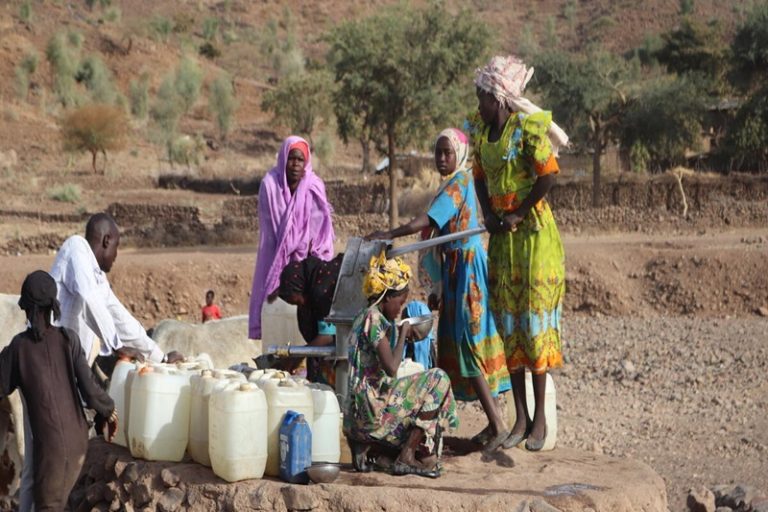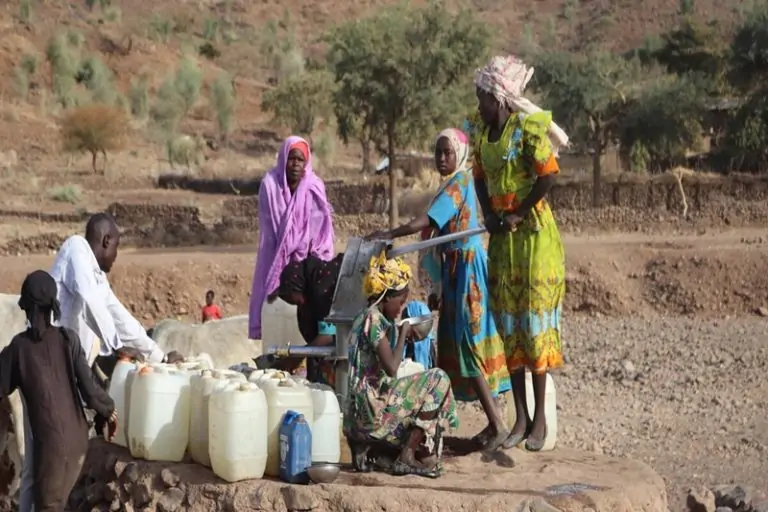

south sudanese refugees flee to rural areas in south sudan, putting strain on resources
Families trying to flee the violence and unrest in Sudan are making their way to rural areas in the northern part of South Sudan. This is a worrying turn of events, as these areas are already struggling to cope with the needs of the local population.
One of the people affected is Umjuma Achol Mut, a 29-year-old woman who fled her home in Bentiu, South Sudan, in 2016. She initially found safety in a camp in the Gambella region of Ethiopia, but she ultimately decided to relocate to Sudan in the hopes of starting over there. However, due to the outbreak of fighting in Sudan in April, she and her family were forced to undertake the hazardous journey across the border into South Sudan.
The influx of South Sudanese returnees and refugees from Sudan is placing tremendous pressure on the limited resources of a country that is still in the process of rebuilding from a protracted civil war as well as the terrible impacts of climate change.
The rainy season and a significant lack of donor funds are further aggravating the problem, making it difficult to provide assistance to refugees in rural areas. This has led to a congested transit center in the town of Renk, which is located on the border.
The United Nations High Commissioner for Refugees (UNHCR) and its partners have established a presence at various border crossing sites in South Sudan in order to address the desperate situation that has developed there. Their principal responsibility is to keep track of and offer help to newly arrived refugees, the vast majority of whom are South Sudanese individuals who have returned to their homeland.
The UNHCR and other organizations have collaborated to establish transit centers across the country. At these sites, newly arrived refugees can get community shelter, common food, and communal water. These centers also play the role of a staging place, which helps to expedite the transfer of individuals to their intended destinations or to their home locations. In addition, the UNHCR is helping families reconnect with their loved ones who remain in South Sudan.
Umjuma Achol Mut plans to make her way back to Gambella, where she has family, and is hopeful that her children will be able to continue their education as they begin the challenging process of reconstructing their lives.
The situation of South Sudanese refugees in rural areas is complex and challenging. Aid organizations are working to provide assistance, but they are facing significant challenges. It is important to continue to raise awareness of this crisis and to urge the international community to provide the necessary support.
Canadian companies have expanded their presence as major African mining stakeholders and invested more than $37 billion. Africa holds the…
The South African government wants people to plant one million trees across the nation within a single day on September…
The government's statistics regulator showed that South African inflation stayed at 3.2% during February and rose below the projected 3.3%.…
Keywords: Cape Town, African Energy Chamber, Africa, The 2025 African Energy Week (AEW) will host the top energy leaders from…
Recent research shows that Professor Abdessamad Faik believes Africa is at an important energy choice point as renewable-powered hydrogen allows…
The United States plans to shut down its Johannesburg consulate after Sandton Drive gets renamed to Leila Khaled Drive even…
This website uses cookies.